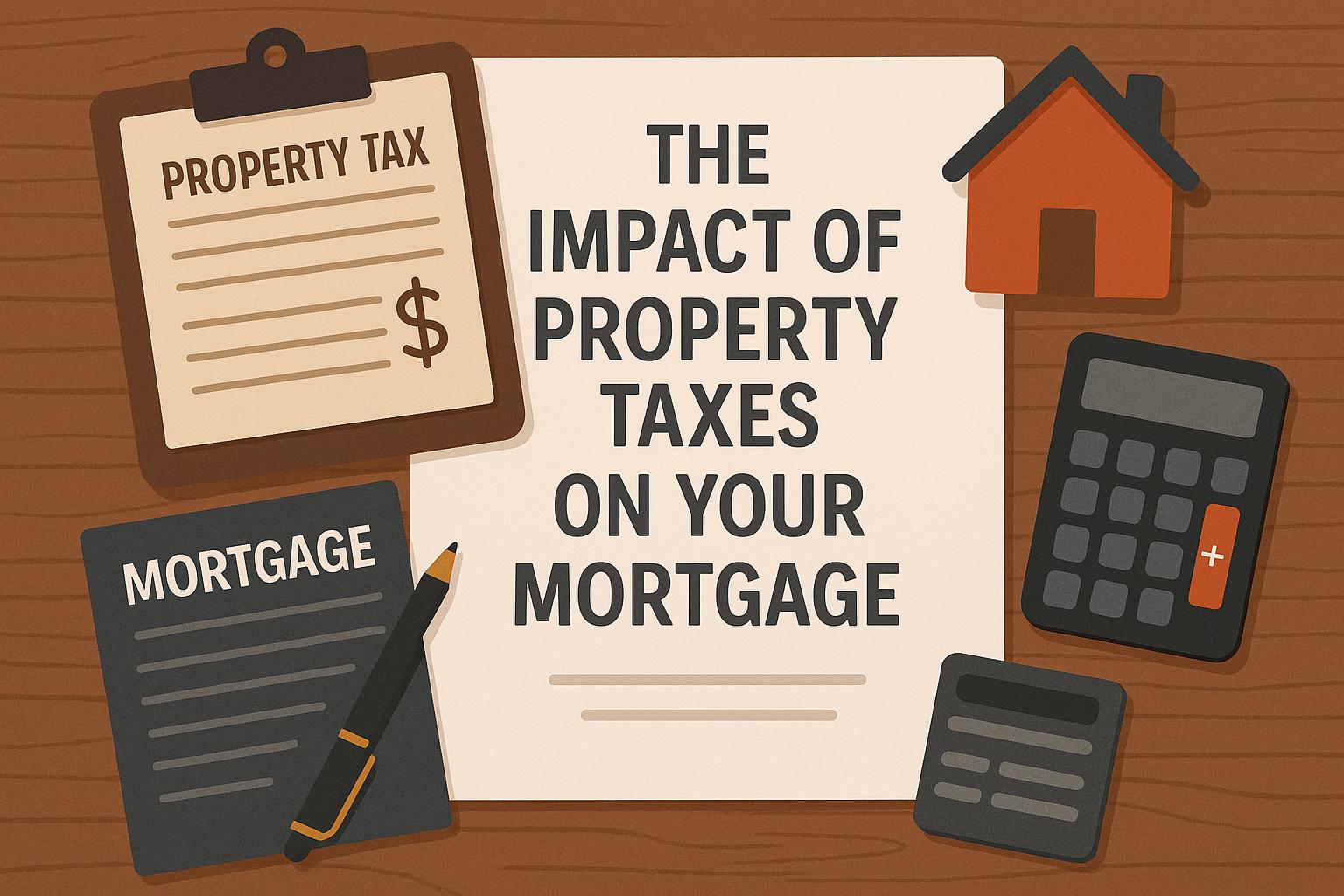
When purchasing a home, many prospective homeowners focus primarily on the mortgage itself. However, understanding the impact of property taxes is equally crucial. Property taxes, levied by local governments, are based on the assessed value of your property and can significantly affect your overall financial commitment.
Property taxes are a primary source of revenue for local governments. They fund crucial services such as schools, emergency services, and public infrastructure. These taxes are typically assessed annually and are based on the assessed value of the property. It’s important to recognize that property tax rates can vary widely depending on the location and specific local government policies. Each locality determines its tax rate depending on its budgetary needs, which can lead to variability in taxation even among neighboring regions.
The assessed value of a property is generally determined by the local tax assessor. This value might not remain constant and can change due to market conditions or improvements made to the property. Owners should be aware that increased property values lead directly to higher taxes, underlining the importance of regular assessment reviews and challenging any discrepancies seen in your property evaluations.
An essential aspect to consider is how property taxes affect your monthly mortgage payment. For many homeowners, property taxes are included in the monthly payment, managed through an escrow account set up by the lender. Lenders require these taxes to be escrowed, meaning the borrower pays a portion of their estimated annual property taxes monthly along with their mortgage. The lender then pays the tax authority annually on behalf of the homeowner. This method enables a more manageable distribution of the tax burden throughout the year, reducing the financial strain of paying a large sum at once.
Should property taxes rise, which can happen due to new levies or increased property valuation, the monthly mortgage payment will increase accordingly, impacting a homeowner’s budget. Conversely, a decrease in property taxes would result in a reduced monthly payment. Therefore, it’s prudent for homeowners to understand that their monthly financial commitments can fluctuate alongside changes in property taxes.
Estimating property taxes accurately is vital when considering a home purchase. Potential buyers can typically gather this information through local government websites or from real estate listings, which can provide an overview of the approximate tax rates in the area. However, it’s important to recognize that tax amounts can change due to reassessments by the tax authority or amendments in local tax laws. As such, homeowners must maintain an ongoing attention to these potential changes.
Contacting the local tax assessor’s office can provide more precise information about property tax assessments and any scheduled reassessments. This information can be crucial in planning your finances and avoiding surprises in your financial obligations. Understanding your property tax obligations in advance ensures that you can budget appropriately for your new home.
Given the potential impact on finances, property taxes should be a critical consideration in long-term financial planning. Rising property taxes can influence housing affordability, potentially limiting the ability to purchase a desired property. Therefore, when budgeting for a new home, it is wise to account for estimated property tax increases, particularly if considering property in an area experiencing significant real estate value appreciation or frequent tax law changes.
For those navigating potentially volatile property tax forecasts, incorporating these variables into your housing budget can prevent future financial strain. By acknowledging the possibility of escalation in tax rates, homeowners can prepare their finances more robustly, accounting for such increases as part of their long-term financial outlook. Moreover, those planning to remain in a property for an extended period should consider community growth initiatives or local government spending changes, as these can influence future property taxes.
Besides individual planning, numerous resources and guides on managing property taxes concerning home mortgage payments are available through financial planning services and local government advisories. For those interested in deepening their understanding, exploring IRS guidelines can provide insightful guidance into property tax considerations. These resources can offer homeowners strategies to efficiently manage their tax liabilities and understand potential deductions, further alleviating the annual financial burden.
To conclude, property taxes represent a significant element of housing costs that homeowners must thoroughly comprehend. While property taxes primarily fund essential local services, their impact on an individual’s financial obligations can’t be understated. Whether you are navigating your initial home purchase or assessing your current financial commitments, maintaining awareness of property tax implications ensures better financial management and planning. Understanding these dynamics places homeowners in a stronger financial position, enabling them to make more informed real estate decisions and optimize their long-term financial health.
This article was last updated on: September 1, 2025